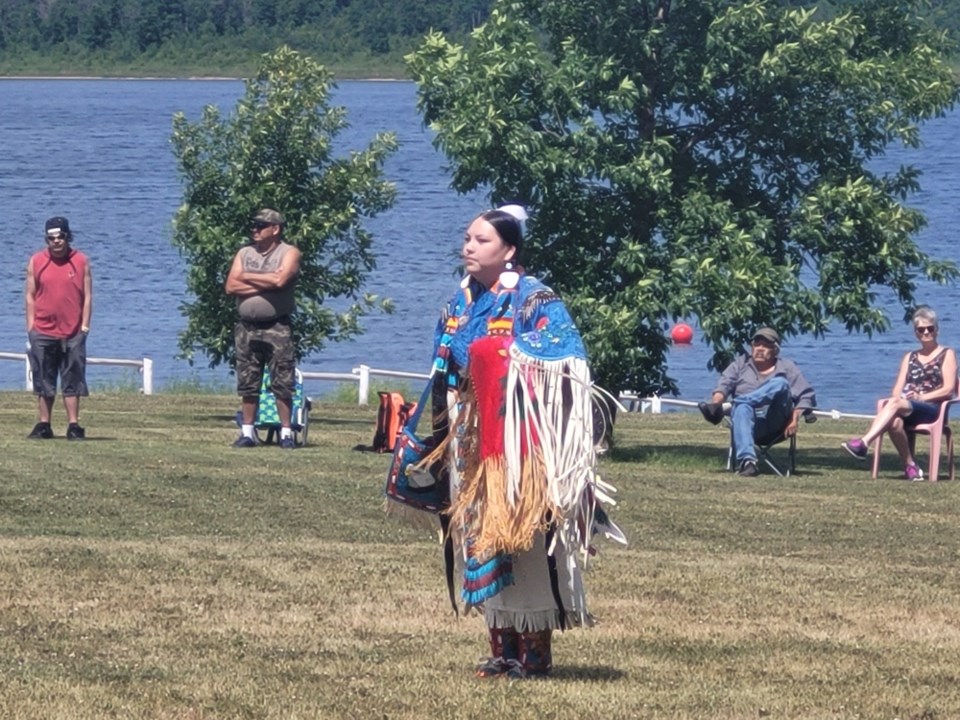Canadians across the country are celebrating National Indigenous Peoples Day on June 21, honouring the diverse cultures, heritage and contributions of First Nations, Inuit and Métis peoples.
The date holds particular significance as it coincides with the summer solstice, the longest day of the year, a time traditionally celebrated by many Indigenous communities.
The origins of National Indigenous Peoples Day date back to 1996 when then-Governor General of Canada, Roméo LeBlanc, proclaimed June 21 as National Aboriginal Day. This announcement followed numerous previous consultations and statements of support for such a day.
In 1982, the National Indian Brotherhood, now known as the Assembly of First Nations, called for the establishment of National Aboriginal Solidarity Day. The idea gained further momentum in 1995 with support from the Sacred Assembly, a national conference chaired by Elijah Harper, and a recommendation from the Royal Commission on Aboriginal Peoples to designate a National First Peoples Day.
In 2017, Prime Minister Justin Trudeau announced the renaming of the day to National Indigenous Peoples Day to better reflect the inclusive nature of the celebration and acknowledge the distinct cultures and histories of Indigenous communities across Canada.
Events marking the day are taking place nationwide, from traditional ceremonies and cultural performances to educational workshops and community gatherings.
In Saskatchewan, school divisions across the province are marking the day with educational and cultural activities and projects.
Regina National Indigenous Peoples Day, organized by the Equity, Diversity & Inclusion Network (EDIN), is at Victoria Park starting at 10 a.m. It will feature Indigenous performances, engaging family-friendly activities, children's crafts and Indigenous artistry.
The City of Saskatoon, in its role as co-chair of Reconciliation Saskatoon, helps organize the annual Rock Your Roots Walk for Reconciliation on June 21 with a gathering at Victoria Park at 10 a.m. and a walk starting at 10.30 a.m. The significance of a walk can be attributed to the Sunday walks in residential schools; often the only time when siblings and cousins might be reunited, according to the organizers.
Other cities, towns and villages across Saskatchewan also have programs set for the day to honour and celebrate the contributions of Indigenous peoples.
National Indigenous Peoples Day serves as a reminder of the ongoing journey towards reconciliation and the importance of recognizing and honouring the rich cultural heritage of First Nations, Inuit and Métis peoples. It is a day for all Canadians to learn about and celebrate the diverse traditions and contributions of Indigenous communities, fostering a spirit of understanding and respect across the nation.
Come back to SaskToday.ca for more about how Saskatchewan's communities celebrate National Indigenous Peoples Day.






